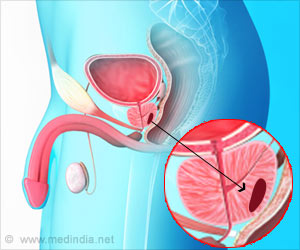
New study finds that heavy consumption of ultra-processed foods in childhood correlates with poorer cardiometabolic health. Published in JAMA Network Open, the research focused on boys and girls aged 3 to 6 (1✔ ✔Trusted Source
Ultraprocessed Food Consumption and Cardiometabolic Risk Factors in Children
).
Impact of Ultra-Processed Foods on Early Childhood Health
Ultra-processed foods tend to be high in saturated fat, sugar, salt, additives and pollutants, while poor in nutrients. Even so, pastries, soft drinks, milkshakes and snacks are often part of children’s diets. To study their effect on health in the first years of life, the research evaluated how the consumption of these products affects a population of more than 1,500 boys and girls aged 3 to 6 from various places (Reus, Córdoba, Santiago de Compostela, Navarra Valencia, Barcelona and Zaragoza), which are taking part in the CORALS multicentre study.
“Our findings give cause for concern”, says Nancy Babio, principal researcher of the study. “Although the magnitude of the associations we found could be thought to be of limited clinical importance, the boys and girls taking part in our study were very young but, even so, there was a significant relationship between their consumption and these parameters”, he adds.
For the research team, these results should be understood as an early warning of what may happen in the future. “It is essential to recognise the importance of early eating habits and their future implications on cardiometabolic health”, Babio points out.
The study also shows that the children of mothers with little education or a lower socio-economic level generally consumed more ultra-processed foods, which makes them susceptible to health problems in the future.
“Taking all this into account, public health policies should be targeting vulnerable populations”, says Jordi Salas-Salvadó, director of the research team, who also recommends that these foods should be replaced with healthier options such as unprocessed or minimally processed products.
Ultra-processed foods are increasingly common in the diet. Their ready availability and low price mean that they are widely consumed, especially among children, adolescents and their families, and particularly among those most vulnerable from a socio-economic and educational point of view, who are more prone to obesity.
Advertisement
In this regard, the study underlines the urgency of addressing the problem of the overconsumption of these foods by children and the importance of drafting public policies and adopting preventive measures to protect the long-term health of future generations.
Reference:
- Ultraprocessed Food Consumption and Cardiometabolic Risk Factors in Children – (https://jamanetwork.com/journals/jamanetworkopen/fullarticle/2818951)
Source-Eurekalert



